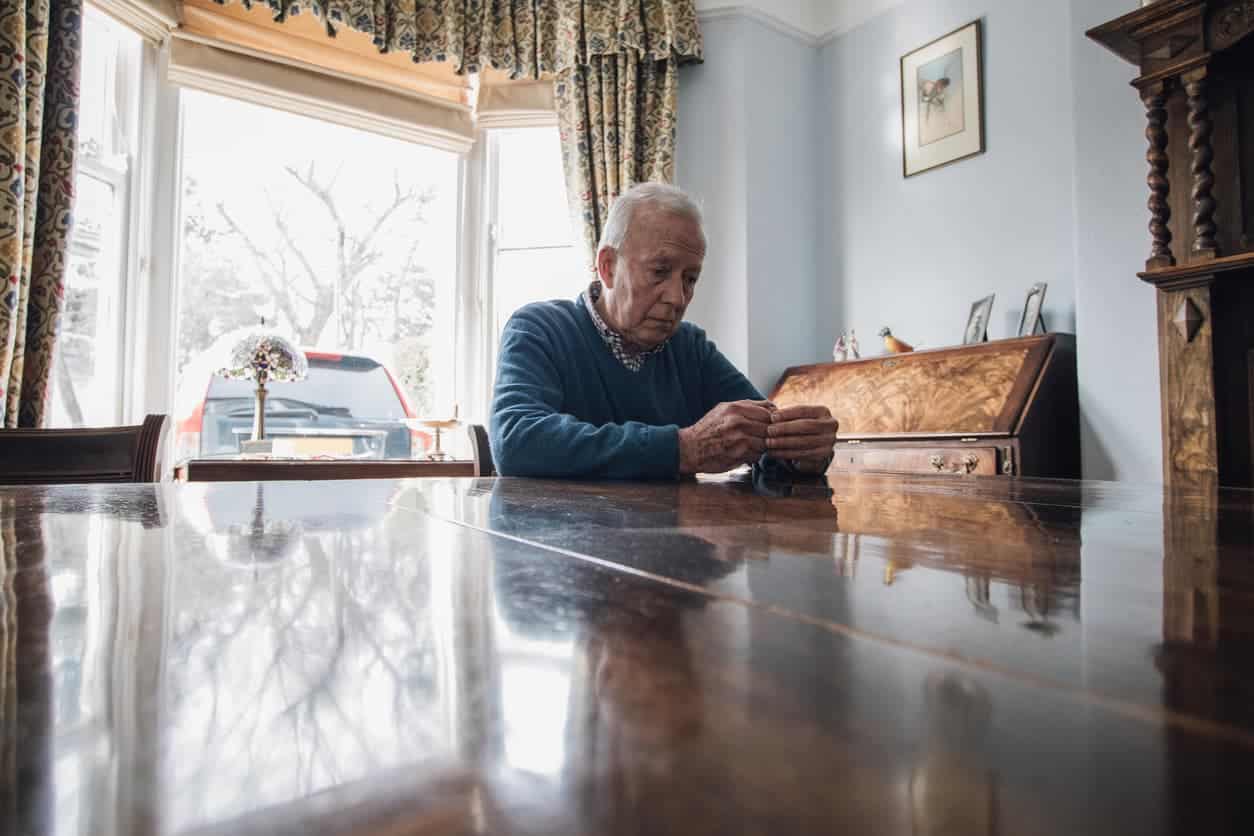Caring for an elderly relative, hiring a caretaker, or housing an elderly relative in an assisted living facility is a draining decision for everyone involved. Finances are often one of the top concerns for those seeking a caretaker in Florida. Even more important is the quality and trustworthiness of said caretaker.
Elderly people are extremely vulnerable to abuse of all kinds, but what causes some caretakers to abuse their elderly charges?
What causes elder abuse?
According to surveyed elderly persons, power and control imbalances, loneliness, isolation and a mutual dependency between the victim and abuser caused some caretakers to abuse their elderly charges.
There are six main types of elder abuse. These include physical, emotional, sexual, and financial abuse, as well as abandonment and neglect. However, abuse appears in many forms; don’t assume someone is safe just because they aren’t covered in bruises.
Elder Abuse Risk Factors
There are certain factors associated with a risk of elder abuse. However, the absence of these factors does not guarantee the absence of abuse. It’s important to check in with elders who have caregivers to ensure they aren’t being subjected to any sort of cruelty or neglect.
There is a risk of elder abuse if the caretaker:
- Has acted hostile, aggressive, or threatening toward their charge or other vulnerable persons, including animals.
- Is responsible for a person older than 75 years old.
- Lives with their elderly charge.
- Has a relationship conflict with their charge.
- Is inexperienced and/or unwilling to provide agreed upon or necessary levels of care.
- Expects the elderly charge to do more than physically, emotionally, or mentally possible.
- Is subjected to high stress levels and has care demands from persons other than their charge.
- Is isolated and without a support group.
- Is in poor physical, mental or emotional health.
- Has a history of alcohol or drug abuse.
- Was previously or is currently abused or suffering from family or domestic violence.
Warning Signs of Elder Abuse
If your loved one has a sudden personality change — becomes withdrawn, no longer enjoys beloved hobbies, etc. — they may be suffering from abuse.
Other signs that a caretaker is abusing an elderly charge include: unexplained bruises, cuts, scrapes, or other injuries; unclean or messy clothes or living conditions; lack of necessary medical items, treatments, or care; lacks necessary mobility tools, medications, or items such as eyeglasses or those items are broken, out of reach or otherwise unavailable.
These are not the only signs of elder abuse. Some types of abuse, such as financial exploitation, may not be immediately apparent. You must be vigilant when it comes to ensuring the safety and care of your elderly loved ones. Check their bank accounts to ensure that bills are being paid and money isn’t being withdrawn without explanation or documentation.
Keeping in contact with your loved one, including regular (unplanned) visits, phone calls, video calls, and more can help you notice signs of abuse that would have otherwise gone undetected.
If in doubt, ask the elderly charge to tell you about their situation: How are they feeling? Can they tell you about rules surrounding bathing or using the restroom? How are their meals? Do they ever feel hungry and have to sit with that feeling because there is no food or no one to prepare food for them? Are they dealing with any pain?
Connect with local social workers or organizations such as the National Center on Elder Abuse for more information.
What should I do if I’ve witnessed elder abuse?
If someone is being abused by a caretaker, you must alert authorities immediately. Elder abuse can be deadly. In cases in which the elderly charge is not being subjected to physical abuse, emotional and financial abuse can escalate to physical violence or lead to self-violence.
If possible, remove the victim from the reach of the abuser. Once the victim is out of immediate danger, call 911 and contact an experienced Florida elder abuse attorney who can help fight for the victim’s rights and safety.
If you cannot remove the victim from the reach of the abuser, contact law enforcement and describe the situation. Authorities will have further information about how to proceed in the safest and most effective manner to help the victim.
Once the victim is safe, contact a Florida elder abuse attorney for guidance on how to seek justice. The victim may also require medical attention, therapy, and financial assistance. Proceed accordingly and kindly.
Contact an Elder Abuse Attorney Today
Contact us today for a free elder abuse case evaluation. You and your loved ones deserve to be safe and cared for, especially by the people who have sworn to protect you. Let us at Lytal, Reiter, Smith, Ivey & Fronrath help you get the compensation and help you deserve.
We also serve the following locations:




